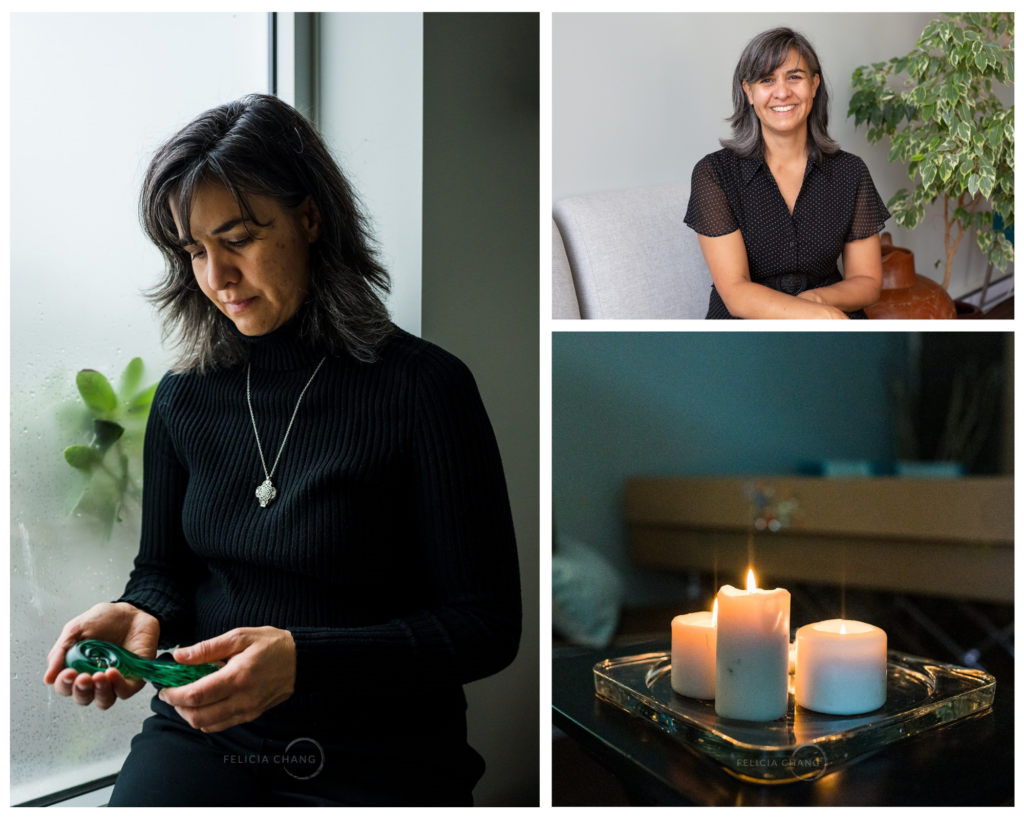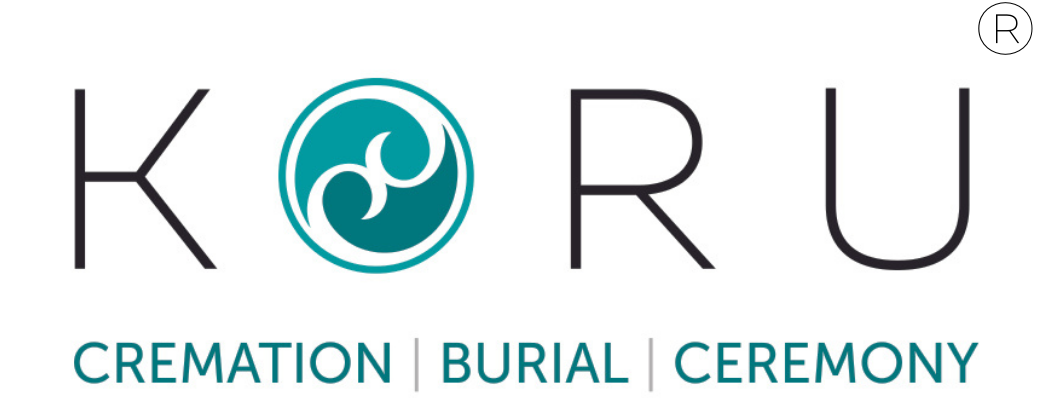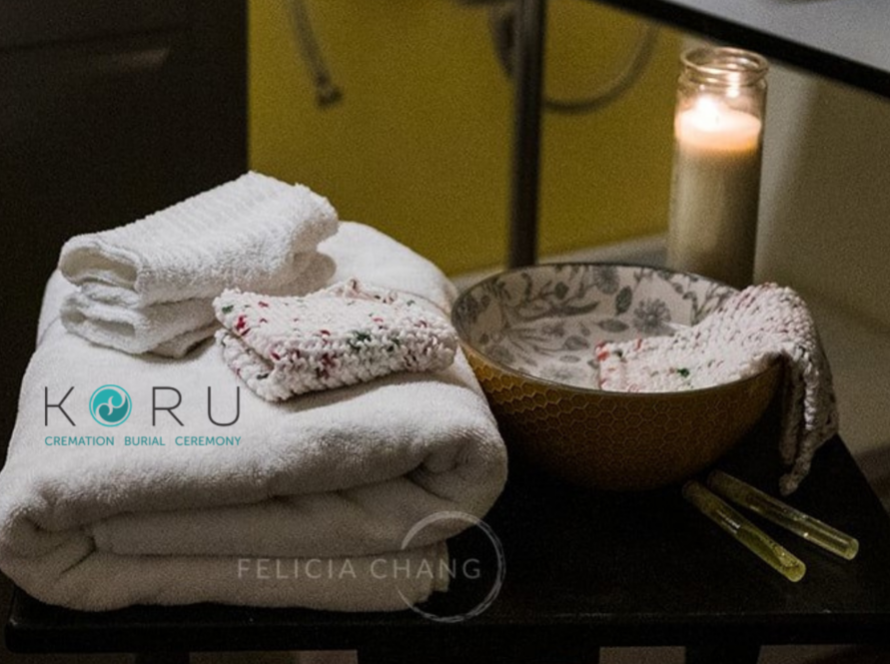Navigating the death of someone close to you is not an easy journey. But as deathcare guides, we’re here to help you through the process. We wrote this series to help answer some questions that might arise, and to give you a sense of what it’s like to work with us at KORU Cremation | Burial | Ceremony. Here’s part three.
You can read part one, on how we differ from other funeral homes, here, and part two, on how we work with clients, here.
When I first started KORU, my initial intentions were pretty simple: to honour people’s values and choices without pressuring them, and to be able to do so in an environment that was inviting, comfortable, and practical.
From the outset, I wanted my clients to really feel the difference between a conventional funeral home and what I was offering. I thought about the language I would use; the clothing I would wear; how to fulfill requests that weren’t being addressed by conventional funeral homes; and how to keep pricing affordable while still allowing for my fledgling business to take off.
Most folks probably don’t know this, but when I opened in November 2014, the name of my funeral home was Classic Cremation & Funeral Services. I operated under that name for two years, then decided to change it to KORU Cremation | Burial | Ceremony. Why? My business style was emerging, and Classic Cremation & Funeral Services was no longer in sync.

I landed on KORU through my Maori heritage and because of its many meanings: rebirth, new beginnings, spiritual rejuvenation, peace, harmony, endless motion, returning to the point of origin, awakening, growth, and nurturing. With growing clarity about the nature of the work that I wanted to do and the people that I wanted to attract as clients, it was the right name to go forward with.
Since then, it’s become much more clear to me that the role KORU plays in the deathcare and funeral industry is to re-engage individuals and their communities by normalizing death and caring for their dead. This work should include the families of the dead, rather than being almost fully looked after by funeral directors. A natural extension of that mindset, and something I value personally as well, seems to be a consciousness of the environmental impact of deathcare work.
I love being at the forefront of advocating for alternative and greener forms of disposition and getting to work with other like-minded deathcarers, whether they are professional deathcare workers or just people who care about death. In paying attention to the environmental anxiety that exists around the world, I feel proud to know that we are doing our part in our sector to change traditional funeral ways that aren’t environmentally friendly. I’m gratified to take part in creating a legacy of change in our modern approach to death care in this way.

Death is part of a natural occurrence in our human life cycle, yet I’m keenly aware of how distanced the average person in BC is from seeing deathcare as a natural occurrence. I understand my role to be one of guidance and education, yet it remains incredibly humbling to be invited into the intimacy of another family’s death event. The survivors are laid bare to their grief and pain, exposed by their tremendous vulnerability—and in the midst of that, they have to trust an “outsider” to guide them through those initial days.
The most rewarding part of the work we do here at KORU is showing up in an authentic way for our community. I love seeing the transformation in families from when we first start working with them. In the beginning, their body language tends to be inward, tight, stressed, and anxious, and by the time our work is completed, their body language is more relaxed, peaceful, and accepting. It’s not to say that we’ve healed them in a few short days or weeks or provided closure, but when the transformation happens, I feel hopeful that we’ve created a healthy, healing place for the rest of their grief journey.
Hopefully, we’ve provided them with an experience that will have a lasting positive impact on them and others with whom they might share their experience. I’m grateful for feedback like Fiona’s that lets us know we’re on the right track.
“Dear Ngaio, on behalf of our family, I would like to extend our heartfelt gratitude for the service and care that you have given us these past weeks. Your quiet presence and way of being has made all the difference at such a difficult time and tasks that could have felt overwhelming just happened.”
Fiona
Learn more about our services and how we can help you plan ahead.
Sign up for our newsletter and follow us on social to stay up to date.


